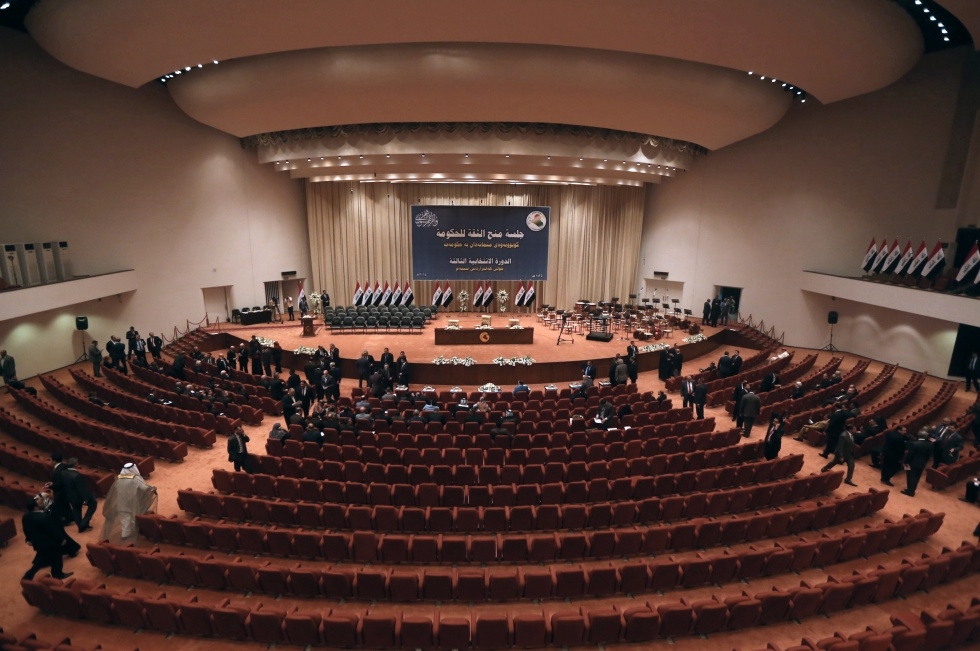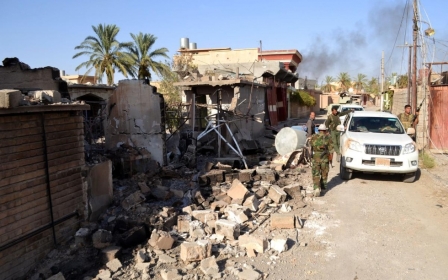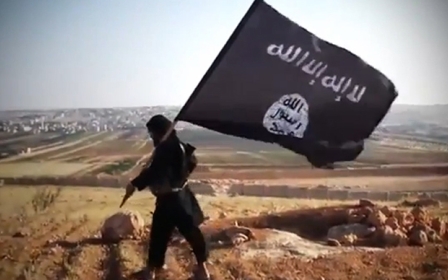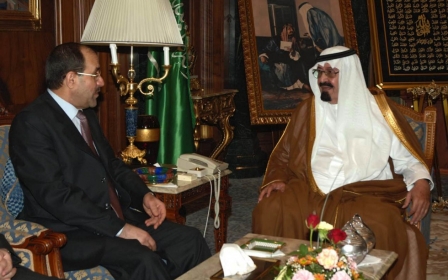Iraqi parliament agrees to Abadi's government

Iraqi parliamentarians on Monday voted in favour of Prime Minister-designate Haidar al-Abadi’s proposed government, a day ahead of the deadline for government formation.
177 of the attendees signalled their acceptance of Abadi’s proposed government, approving all members of the cabinet as suggested by Abadi.
289 out of a total of 328 delegates attended the session, enough to make the vote legitimate.
Among the positions up for grabs were three deputies for the President - delegates voted for former Prime Minister Nouri al-Maliki, Osama al-Nujaifi and another former Prime Minister, Ayad Allawi.
However, the delegates were not voting in a full cabinet - Abadi did not announce the names of defence, interior or irrigation ministers.
Abadi told the session that these three key ministries will remain under his leadership until the leaders are announced “after consultation with political blocs.”
He said he would press for these major positions to be filled within a week, reports Wall Street Journal correspondent Matt Bradley.
Before the beginning of Monday’s meeting aimed at reaching agreement on a new Iraqi leadership, Abadi gave a wide-ranging speech in which he called for sweeping change in the country’s administration.
“There must be a comprehensive revolution, based on new administrative foundations”, he told reporters.
He also stressed the importance of “solving the problems between the central government and Kurdistan.”
Kurdish delegates announced after the speech that they would be willing to participate in Abadi’s government.
After the vote, the representatives demanded “a suitable solution to the problems with the region [of Kurdistan].”
Kurdish delegates were late attending the session, having waited for permission from their leader to participate in the vote.
A Kurdish member of parliament told al-Jazeera that they were giving their vote of confidence to Abadi’s government on a three-month temporary basis.
He said that if, after that time, the Kurds have seen no concessions on key issues like oil and land, they will withdraw their agreement.
New MEE newsletter: Jerusalem Dispatch
Sign up to get the latest insights and analysis on Israel-Palestine, alongside Turkey Unpacked and other MEE newsletters
Middle East Eye delivers independent and unrivalled coverage and analysis of the Middle East, North Africa and beyond. To learn more about republishing this content and the associated fees, please fill out this form. More about MEE can be found here.




